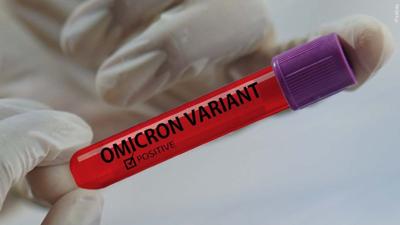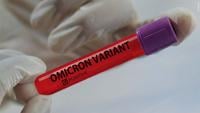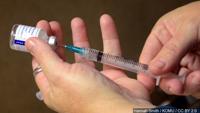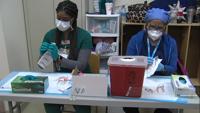(WSIL)---After SIH postponed elective surgeries, this could have a negative effect on patients.
This is in response to Omicron cases going up, as well as a spike in hospitalizations.Â
Omicron made up 4% COVID cases in southern Illinois two weeks ago.
Now it makes up over 80% of cases, according to SIH. But the IDPH says Omicron makes up just 30% of statewide COVID cases.
To help prepare for the hospitalizations that will come with rising cases, hospitals need more beds to properly care for patients.
This is not the first time elective surgeries have been postponed, but the backlog of elective procedures is a cause for concern for doctors.
"I hate that we've gotten back here. Locally, there's already a massive backlog of elective procedures in Southern Illinois, and we're gonna create even more of a backlog by shutting down the elective procedures for now. But again, if someone comes to your door with COVID pneumonia, they can't breathe, you can't say, 'we don't have a nurse for you because the nurse is taking care of someone getting a colonoscopy,'" said Murphysboro physician Dr. Jeff Ripperda.Â
Ripperda also emphasized having a 'mild case' of COVID does not mean it will be easy.
That is just the general term for not being severe enough to be in the hospital.
And with some monoclonal treatments not working against the omicron variant, and having another wave of COVID surging in hospitals, Ripperda said it's like going in circles.
There are three types of monoclonal antibody treatments, but only one has proven to work at treating the omicron variant of COVID.
Unfortunately, there are only about 66 doses in southern Illinois due to high demand.
This makes the treatment available only to extremely high risk COVID patients.
This step backward is all too familiar to those who treat COVID day in and day out.
"It's Groundhog Day. I mean, here we are almost two years later after COVID hit the area, having a lot of the same conversations that we were having 2 years ago. So it's always nice to feel like progress is being made and when we're right back in the middle of another wave, we kind of all get the feeling of oh no. Here we go again. We're gonna do this all over again," Ripperda said. Â
Dr. Ripperda said the wave is not currently as bad as it was in late 2020 or summer 2021, but it is ticking in that direction.Â














